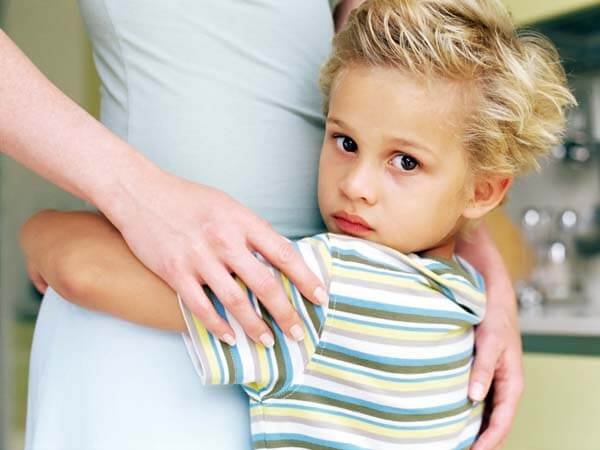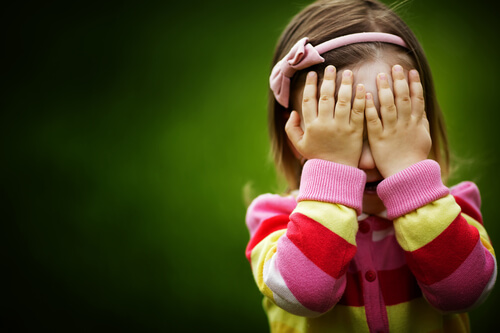Hyper Parenting, a New Trend that Destroys Childhoods
We see parents who are preoccupied, others who are stressed, and others who greatly overlook their children’s education and delegate this task to the media, the school, or if possible, to the nanny on duty. The fact is that the guidelines that used to mark traditional education have come into question, this has led to a wide range of education models, that in many cases, have resulted in a big problems. Among the consequences of this confusion we find hyper parenting.
Hyper parenting originated as a perversion of an education model that promoted increased care and attention for children. These parents shower children with attention and praise over and above what is needed, without knowing that this limits their independence, their freedom and the development of their autonomy.
Hyper parents try to ensure the academic success of their children and stress over every little thing that could happen to them. So that, far from doing good, they have children who are over stimulated, over protected and insecure.

Hyper Parenting as a New Educational Model
We have gone from having children who should be seen and not heard and who were paid little attention to, to having altar children whom we worship.
Hyper parenting is the result of an educational model that is mainly seen in affluent societies. It emerged in the United States where competitiveness prevails and is transferred to the area of parenting. Parents in the United States find themselves immersed in a race with the goal of making sure their children are successful in life. They reserve a spot in the best preschool (before the child is born), the best university, Ivy League college…
This includes early childhood development with an excess amount of extra-curricular activities, and a schedule with no free time. There’s little to no tolerance for teachers who dare to question how marvelous the child is. It is also normal to load them up with books, electronic devices, toys…
This model of raising children is based on constant attention and unreasonable expectations for children to do, to study, to achieve. It is definitely not the best for the healthy phsycho-emotional development of children.

Parents Immersed in Hyper Parenting
In hyper parenting, we can identify different traits parents display:
- Some parents monitor and oversee their children’s lives constantly. They are helicopter parents.
- Other parents pave the road for their children, removing any rocks so they don’t trip. These are bulldozer parents.
- There are parents who spend their life taking their children from one extra-curricular activity to another, rushing around and filling their schedule. These are chauffeur parents.
- Some parents do not allow their children to get bored or play.
- Other parents pave the perfect path for their children so that they never make a blunder. These are snowplow parents.
- There are parents who chase their children through the park with a snack until they finish it. These are snack parents.
- Those who strive to ensure that their children do not get the tiniest scratch, get dirty, nor catch a cold. These are hyper protective parents.
Hyper Parenting is Exhausting
For the children, because it means busy schedules, for the parents because they are the ones who take them from one activity to another, they speak frequently to the teachers, supervise their homework even doing it with them, and plan their schedules, even with their friends. We are talking about parents with a high level of stress as well as stressed children.
Children develop a self-demanding nature and a low tolerance to frustration. They are not allowed to fail and demand the need to constantly excel.

On the other hand, some parents show their insecurity. There is an over-abundance of things and experiences the child needs, and this adds extra stress. Parents doubt about what is best for their children and they spend their lives looking for and showering them with experiences, opportunities and methodologies, as well as with material things and new technology.
Alternatives to Hyper Parenting
The first thing you need to do is relax to get out of the downward spiral. As parents, we can breathe and relax. Children do not need perfect parents, they need calm and happy parents. Clearing their schedule means clearing up our own.
Parents should give their children playtime, so that they can train themselves and learn how to manage their time. Play is vital to their development, but with so many activities and stress they don’t have time to play, get bored and learn.

Parents should learn how to trust in themselves and their children, let go of their hand little by little, follow our intuition and accompany them as they develop. Reinforce them, congratulate them, and excite them so they can be passionate about life and learn to live day by day, interact and manage their emotions.
This text is provided for informational purposes only and does not replace consultation with a professional. If in doubt, consult your specialist.








